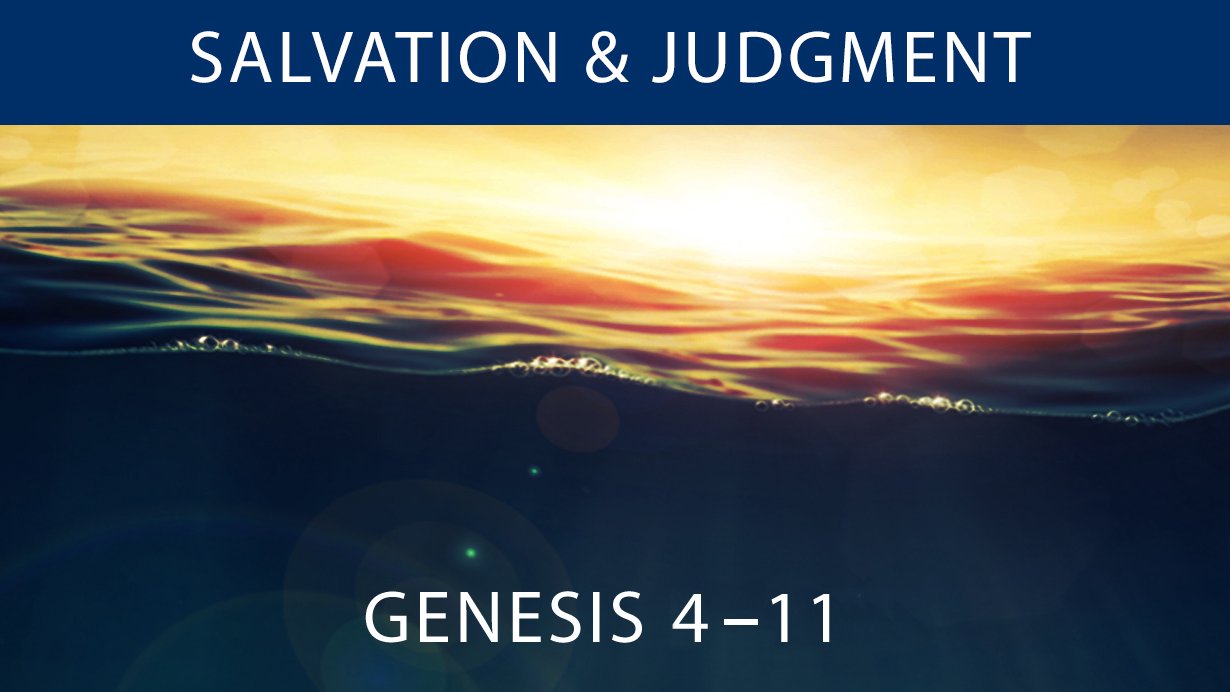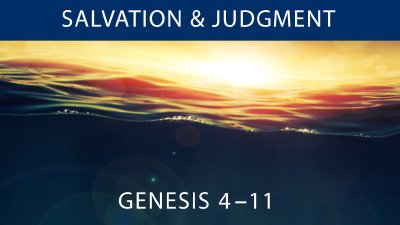Dear OBC Family,
Last Sunday we saw in Genesis 4:1-7 how God offered grace to Cain when his sacrifice was not accepted. In that sermon, we learned a great deal about the way God expects us to worship him.
This Sunday, we pick up in Genesis 4:8-16 where we will see how Cain’s refusal to worship God in truth and to receive his offer of grace results in a deadly to decision to sacrifice his brother in place of God’s provision of a sin offering.
Again, this passage written down long ago has much to teach us today. We are still a people who worship and what we worship will determine how we live. If we worship God rightly, it leads to living honorably before him, but when we live dishonorably it is because there is something amiss with our worship of God.
On Sunday, we will explore the connection between right worship and right living. And to prepare, let me encourage you to read again Genesis 4. But also take time to look at Psalm 115 and 1 John 3-4. These will help you to see some of the connections between Genesis 4 and ourselves today.
As the Lord allows, I look forward to seeing you on Sunday. Let us continue to pray that God would lift our eyes to him, so that we would walk in truth and love, not lies and hate.
For His Glory and your joy in Jesus,
Pastor David
-----------------------------------------------------------------------------------------------------------------
Discussion & Response Questions (Genesis 4:8 – 16)
Contrast how Cain responds to God’s questions versus how his parents responded to God’s questions in Genesis 3. What differences do you notice?
Notice how Abel’s blood cries out from the ground. Why is the connection of bloodshed and the land significant?
How does Cain’s curse (4:11-12) build upon the curse of Genesis 3?
Consider the justice and mercy of God in Genesis 4.
How does the New Testament speak about Cain? (Heb 11:4; 1 John 3:11-15; Jude 11)
What is the purpose of the mark of Cain? Is it a curse? A mercy? Historically, how has this idea been abused?
As we consider the unbearable nature of sin and its consequences, what does this teach us?
Abel was a righteous shepherd who was slain for his obedience to God. How does this connect to Zechariah and lead us to Christ? (Matt 23:35, Heb 11:4, 12:24)?
Do you see yourself as your brother’s keeper? Why or why not? What should brotherly love look like?
How ought we to respond to this text?






